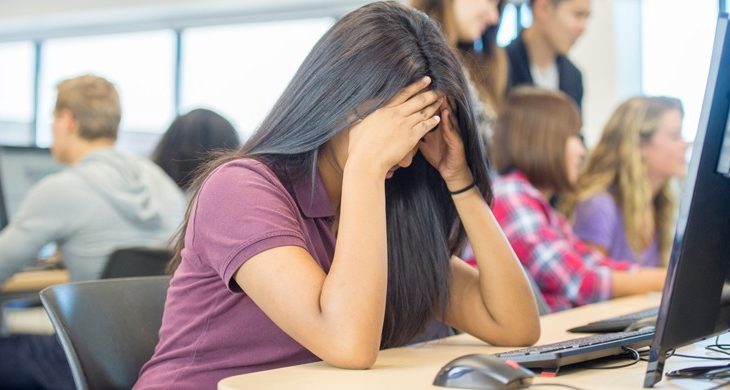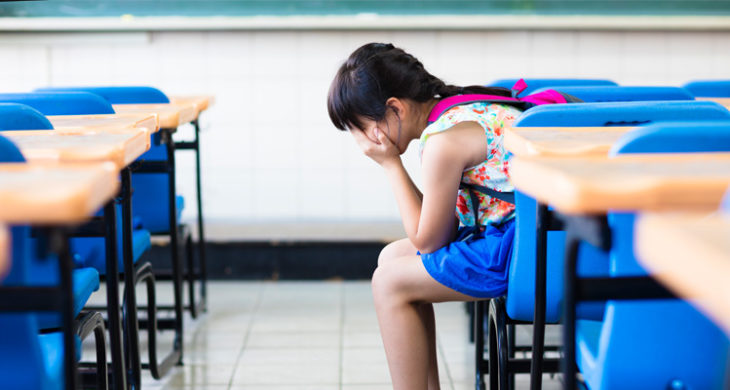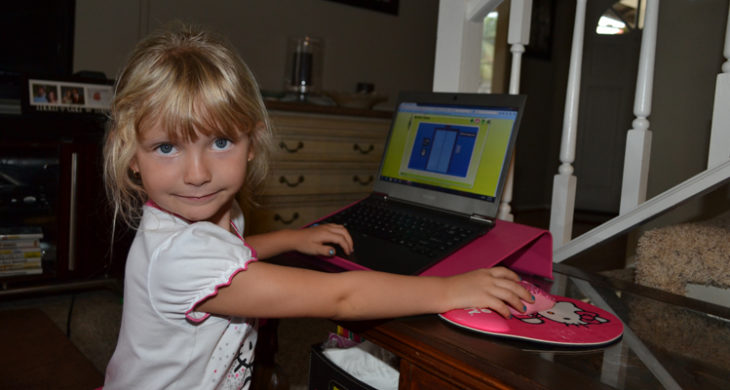As a parent, it can be worrisome or even frustrating when your child declares that he or she hates school, because it’s so important for their future and their overall success that they develop a love of learning. The first step a parent should take in such a situation is to determine why the student doesn’t like school.
Why Does My Child Hate School?
If your child isn’t specific about the concerns, it’s best to determine the cause of the problem. You may assume it’s just a general dislike of learning or lack of discipline, but often there are specific issues involved. Here are some common problems that may play a role:
- Anxiety and bullying—According to the Centers for Disease Control and Prevention (CDC), approximately 19 percent of high school students in the U.S. reported being bullied at school. Kids often don’t report being bullied so parents should be aware of the warning signs. Bullying can significantly affect a child’s well being and cause anxiety. However, poor grades, excessive homework, and exams can also create feelings of ongoing stress and anxiety.
Related: 10 Warning Signs of Bullying That Parents Often Miss
- The learning environment—Children are natural learners, so if a child says they doesn’t want to learn at school, they may be struggling with the teaching methods in their class or they simply may learn differently than other students. Given the right learning environment, that child may enjoy and even excel at learning.
Related: How a School’s Learning Environment Affects Student Achievement
- They’re bored—In some cases, children and teens are simply bored. Either they are advancing too rapidly or find it a challenge to follow the current curriculum. If students are disengaged or bored, they may view school as a waste of their time. This is particularly common as students approach high school, as one study found that less than a third of 11th-graders were engaged in their lessons.
Related: Causes and Cures for Classroom Boredom
Parents Should Intervene
As a parent, your challenge is to help your child reconnect with the power and joy of learning—especially if your child is struggling with a “one-size-fits-all” classroom experience.
To get students more interested in school and expand their learning capacity, consider some or all of the following options
- Be a role model—As a parent, show your child that the power of learning never stops. Whether you embark on a new learning opportunity by taking an adult class or read a book beside your child as they do their homework, you will model positive behavior. And showing a genuine interest in their assignments and lessons so that you two learn together can also ignite a renewed interest in the lessons.
- Encourage open communication—Sometimes, a child says that they “hate” school. However, there may be an underlying issue that has nothing to do with their teachers, school, or ability to learn. Maintain a home environment that is inviting and accepting so that your child is more open to sharing their concerns. It’s also important to use active listening techniques so that they know you’re fully engaged.
- Speak with your child’s teacher(s)—Your child spends a lot of their time at school, so it’s important that you team up with their teachers. In fact, teachers are often empowered when you show a genuine interest in your child’s learning experience. It can also be helpful if you discuss what goes on inside the classroom, as this will provide you with added insight into what the issues may be for your child. When you work together, your child will benefit.
- Discuss possible school alternatives—There are many reasons why children hate school, and some reasons are more significant than others. If you determine that your child’s situation would necessitate finding another school, or you think they could benefit from an alternative school choice, consider online learning via a virtual school. Online schools powered by K12 offer the opportunity for kids to attend a public school at home. Visit K12.com to learn more and request information about schools in your state.
As Ignacio Estrada, a director at the Gordon and Betty Moore Foundation, is quoted as saying: “If a child can’t learn the way we teach, maybe we should teach the way they learn.”
,










